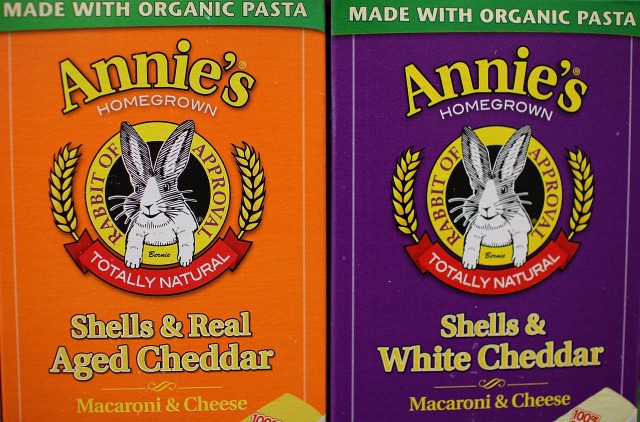
The CEO of the Berkeley-based organic food company Annie’s Homegrown is defending the company's decision to accept an $820 million buyout from food giant General Mills.
Annie’s, which is famous for its organic mac and cheese and Cheddar Bunny crackers, had been struggling this year with rising food costs when General Mills announced the buyout. General Mills Executive Vice President Jeff Harmening said in a press release that Annie's is strong in two priority platforms, "convenient meals and snacks"
"We felt that is was a really great time to partner up with somebody like General Mills because our mission is really making products like ours available to a much, much broader set of consumers," said Annie's CEO John Foraker. "And to further our mission, we want to be a bigger brand and we want to be impactful in more consumers' lives."
But some Annie's fans worried online that the deal meant the company would stop using organic non-genetically modified ingredients or sustainable agriculture practices.
Foraker said that won't happen.